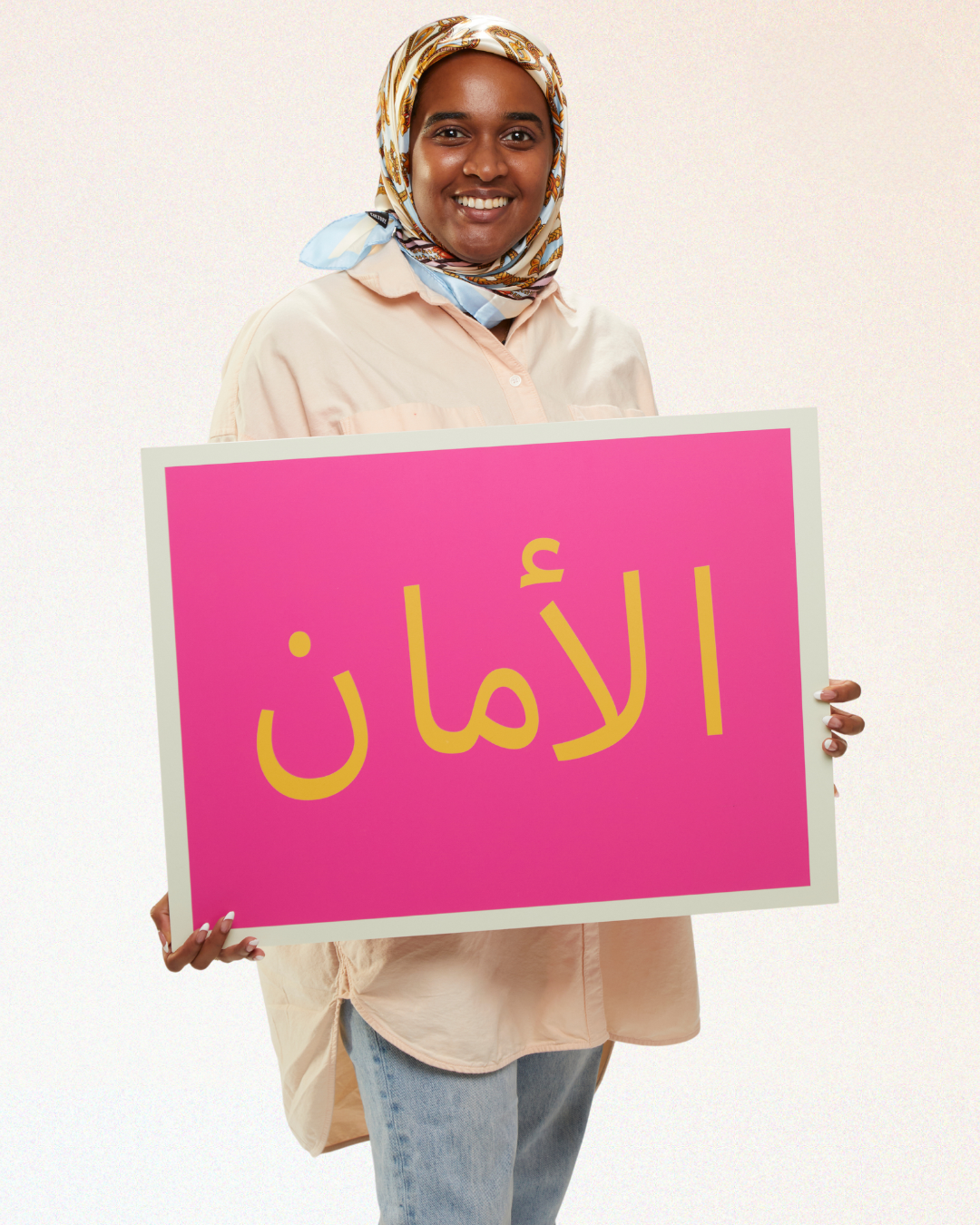Doha Medani
 Born in Saudi Arabia, my family’s journey from Sudan to the United States has been one of trials, triumphs, and transformation. My dad decided to apply for a diversity visa for education and won. I was just shy of three when we packed our dreams into suitcases and embarked on a journey that would shape the course of our lives.
Born in Saudi Arabia, my family’s journey from Sudan to the United States has been one of trials, triumphs, and transformation. My dad decided to apply for a diversity visa for education and won. I was just shy of three when we packed our dreams into suitcases and embarked on a journey that would shape the course of our lives.
Once in the United States, my life took another unexpected turn when my younger brother was born with kidney issues. Doctor appointments became a constant backdrop to our childhood, and as the eldest daughter, I found myself thrust into the role of a caretaker when my parents were away. Our upbringing was steeped in the essence of community – neighbors offering bags of groceries and support checking in on us, ensuring our parents and we were well taken care of. I was entrusted by my parents, and they depended on me to keep our home running smoothly, a weight that fell heavier on my shoulders as the eldest girl.
 As a child, I grappled with the complexities of identity. Gifted classes and books on war exposed me to a world that seemed to paint my faith as the enemy, leaving me questioning why the “bad guys” were always portrayed as Muslim. It wasn’t until college that I delved into the beauty of my religion, embracing it as a source of strength and love.
As a child, I grappled with the complexities of identity. Gifted classes and books on war exposed me to a world that seemed to paint my faith as the enemy, leaving me questioning why the “bad guys” were always portrayed as Muslim. It wasn’t until college that I delved into the beauty of my religion, embracing it as a source of strength and love.
My journey to self-discovery continued, and I found myself navigating the intricate landscape of being Black and Arab in a country that often sees the world in black and white. The challenge to thrive became a personal quest, defined by the ability to take care of myself and support those I love. But thriving, for me, is more than an individual pursuit; it’s about collectively living in safety. It’s about embracing our identities proudly, despite the threats this country poses. The quest for safety is intertwined with the ability to thrive and live purposefully.
As a woman who wears a hijab, safety is a paramount concern. It’s a word that resonates in my native language, Arabic is intricately woven into the fabric of my life. My hijab is not just a piece of cloth; I wear it as a symbol of identity and safety, and it’s become a shield against misunderstanding and prejudice. It represents a personal commitment to safety in a world that sometimes fails to understand the diversity within its borders.
As I reflect on my immigrant story, I realize that thriving also means taking care of myself, healing my inner child, and supporting those around me. I am now engaged in advocacy work and community organizing, building networks of care reminiscent of the support my family received when we first arrived.
Our immigrant story is not just about the physical journey; it’s a narrative of resilience, embracing identity, and finding safety in a world that often feels unsafe. The United States, with its challenges and opportunities, is my home, and I navigate its complexities with a sense of purpose rooted in the understanding that my journey is part of something greater.
